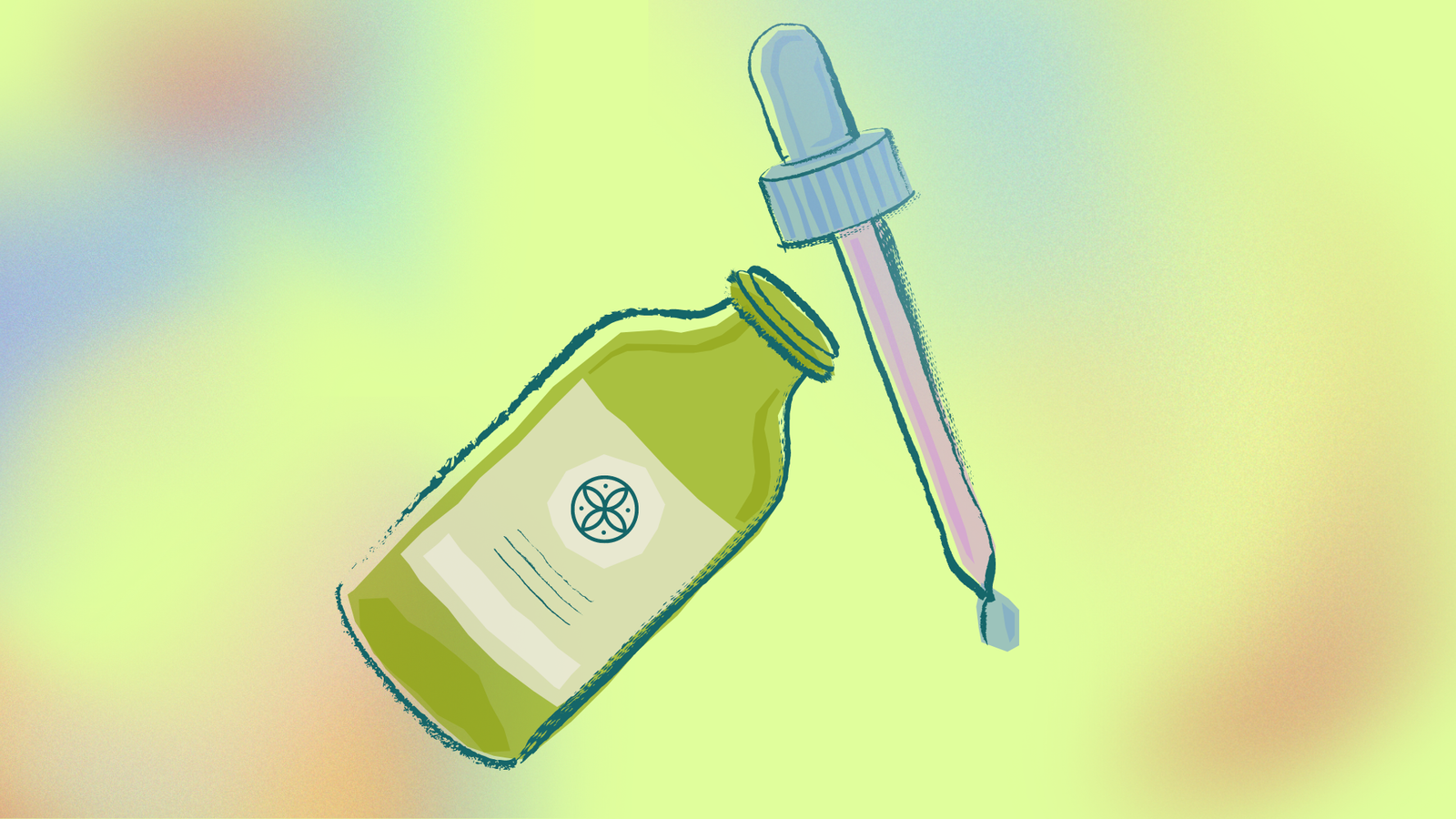Ways to Get Rid of Dark Spots on Your Skin
Share

Dark spots, also known as hyperpigmentation, can occur due to various factors such as sun exposure, hormonal changes, acne scars, or aging. While they are usually harmless, many people seek ways to reduce or eliminate them for a more even complexion. Here are some simple yet effective methods to help you get rid of dark spots on your skin:
1. Use Sunscreen Daily
Sun exposure can worsen dark spots and increase melanin production. Protect your skin by applying a broad-spectrum sunscreen with SPF 30 or higher every day, even on cloudy days. This helps prevent further darkening of existing spots and reduces the risk of new ones forming.
2. Try Topical Treatments
Over-the-counter creams, serums, and lotions containing ingredients like hydroquinone, retinoids, vitamin C, niacinamide, or alpha hydroxy acids (AHAs) can help lighten dark spots over time. Apply these products consistently as directed to see results.
3. Incorporate Brightening Ingredients
Natural ingredients like licorice extract, kojic acid, bearberry extract, and arbutin have brightening properties that can fade dark spots gradually. Look for skincare products containing these ingredients and incorporate them into your routine for best results.
4. Exfoliate Regularly
Exfoliation helps remove dead skin cells, allowing newer, healthier skin to surface. Use a gentle exfoliating scrub or chemical exfoliant containing ingredients like glycolic acid or salicylic acid 2-3 times per week to help fade dark spots and improve overall skin texture.
5. Consider Professional Treatments
For stubborn or persistent dark spots, consider professional treatments such as chemical peels, microdermabrasion, laser therapy, or intense pulsed light (IPL) treatments. These procedures can effectively target and lighten dark spots, but they may require multiple sessions and should be performed by a qualified dermatologist or skincare professional.
6. Be Patient and Consistent
Improving dark spots takes time, so be patient and consistent with your chosen treatment regimen. Results may not be immediate, but with regular use of appropriate products and adherence to sun protection, you should start to see improvement over several weeks to months.
7. Avoid Picking or Scratching
Resist the urge to pick, scratch, or squeeze dark spots, as this can worsen inflammation, lead to scarring, and prolong the healing process. Instead, treat your skin gently and allow the products and treatments to work their magic.
8. Consult a Dermatologist
If you’re unsure about the best approach to treating your dark spots or if they are accompanied by other concerning symptoms, consult a dermatologist for personalized advice and recommendations. They can assess your skin condition and recommend the most suitable treatment options for your specific needs.
By following these simple tips and incorporating them into your skincare routine, you can effectively reduce the appearance of dark spots and achieve a clearer, more radiant complexion over time. Remember, consistency and sun protection are key to achieving and maintaining results.
FAQ
Q: What causes dark spots on the skin? A: Dark spots, or hyperpigmentation, can be caused by various factors including sun exposure, hormonal changes (such as during pregnancy or menopause), acne scars, inflammation, and aging.
Q: Can dark spots be prevented? A: While it may not always be possible to prevent dark spots entirely, you can minimize their occurrence by using sunscreen daily, avoiding prolonged sun exposure, and treating acne and inflammation promptly to prevent scarring.
Q: How long does it take to get rid of dark spots? A: The time it takes to fade dark spots can vary depending on their severity, the treatment method used, and individual skin type. It may take several weeks to months of consistent treatment to see significant improvement.
Q: Are there any natural remedies for dark spots? A: Yes, some natural ingredients like lemon juice, apple cider vinegar, aloe vera, and green tea extract are believed to have skin-brightening properties. However, it’s essential to use them cautiously and discontinue use if any irritation occurs.
Q: Is it safe to use over-the-counter skincare products for dark spots? A: Over-the-counter skincare products containing ingredients like hydroquinone, retinoids, vitamin C, niacinamide, and alpha hydroxy acids (AHAs) can be safe and effective for treating dark spots when used as directed. However, it’s essential to patch-test new products and consult a dermatologist if you have any concerns.
Q: Are professional treatments necessary for dark spots? A: While over-the-counter treatments can be effective for many people, professional treatments such as chemical peels, microdermabrasion, laser therapy, or intense pulsed light (IPL) treatments may be necessary for stubborn or severe dark spots. A dermatologist can recommend the most suitable treatment based on your skin type and the severity of your dark spots.
Q: Can dark spots come back after treatment? A: In some cases, dark spots may recur, especially if proper sun protection measures are not followed. To minimize the risk of recurrence, continue using sunscreen daily and maintain a consistent skincare routine even after your dark spots have faded.
Q: Are dark spots a sign of a more serious skin condition? A: In most cases, dark spots are harmless and merely a cosmetic concern. However, in some instances, they may be a sign of an underlying skin condition such as melasma or certain types of skin cancer. If you’re concerned about your dark spots or notice any changes in size, shape, or color, it’s essential to consult a dermatologist for evaluation and diagnosis.







